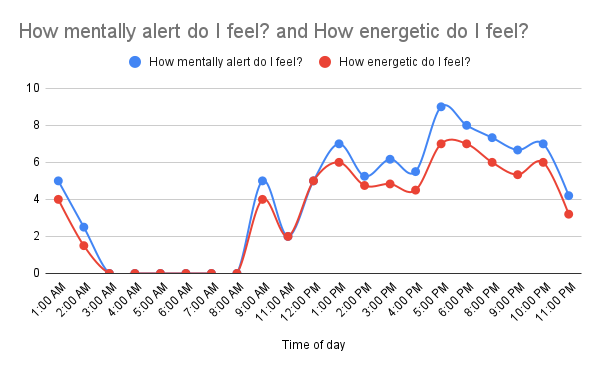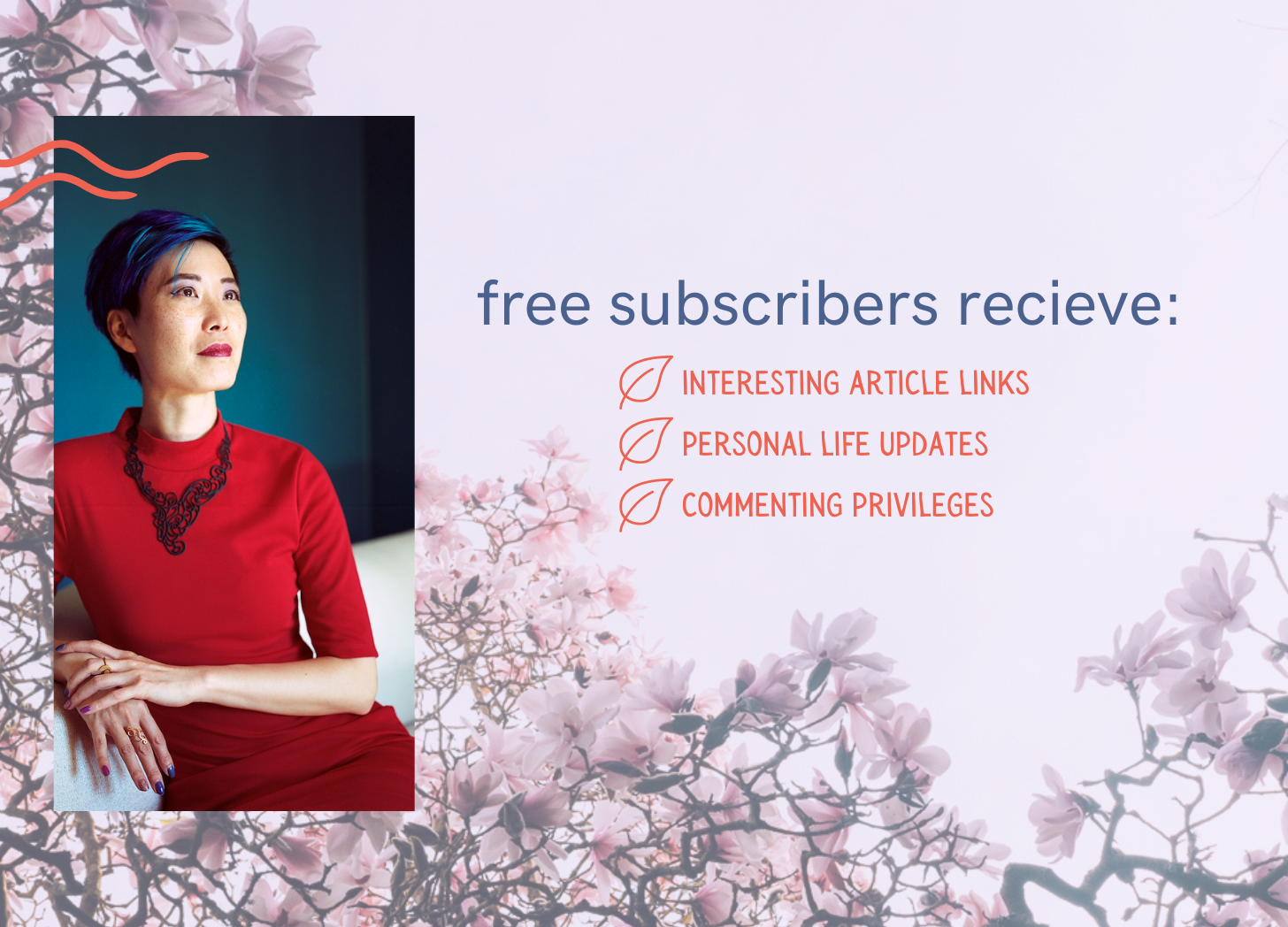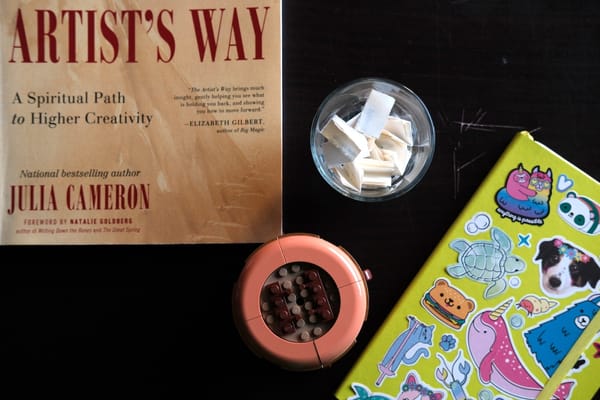12 Lessons I've learned in 12 years of freelancing
Summing up 12 lessons I've learned over 12 years of self-employment.


My 12th freelance-versary
My freelancing life is nearing the end of its preteen years, and what a dozen years it has been.
When I first started, I didn’t think my photography skills were that great (and they weren’t), but I could do basic product shots. I’ve said multiple times to myself and others, “Oh, I don’t like event photography. I’m not great with people, and because of that, I can’t do portraits. Also, I couldn’t do photography full-time—that’s too much client management.”
Writing had the same echoes: I couldn’t make any money from writing (not to say that I’m now making loads, but I AM being paid to write).
I find it curious the words we tell ourselves to talk us out of doing something. Why try if I’m going to fail?
And now, for 12 lessons I’ve learned in my 12 years of freelancing. As a spin on my usual anniversary post, I’m also including some lessons shared by people I’ve interviewed.
1) Meritocracy is a lie. There is no singular get-rich-quick scheme that works in the long term. And hard work, or meritocracy, does not guarantee that you’ll reach any goal. It’s hard work + luck + privileges you may have. Closing out this 12th year of freelance work, I could’ve never—not even in the most outlandish of freelance dreams—thought I’d be where I am, doing what I’m doing. Or what I’ve done so far.
2) Protect your energy. I wrote about this for paid subscribers last year. When you have a fledgling idea, you get excited about it. But not everyone will understand this or cheer you on. You have to know who will support you and who will shoot you down.
3) Everyone is winging it. One of the biggest lies told to kids is how, as an adult, you are suddenly adept at everything. Wrong. Everyone’s winging it.
4) Pass on your lessons. At some point in your career, you’ve learned enough to share insights and lessons. One of the most fulfilling things you can do is to pass on this knowledge through community participation or mentoring.
5) Build your own damn table. If you can’t find it, create it. If that table where the popular kids are hanging out isn’t welcoming to you, make your own table.
6) It’s okay to be a night owl. For about two weeks in December, I prompted myself to enter my energy and alertness levels. Below is a chart of it. The purpose was to identify which time blocks were best for admin and which for creative work. I think I’ll do this again because my schedule has become a lot more flexible lately, and I really want to know when to do certain work.”

7) Take big risks on the little things to build up courage. No one likes rejection, and it can be easy to take it personally. Instead of aiming extremely high on a big risk, such as quitting your job to start a cafe with no experience or capital, go small. So small that the rejection is tolerable. For example, if I always order a croissant from a bakery because I love it, perhaps I’ll order a scone next time. A tiny risk where the rejection—a bad scone—is fine! Recently, I’ve been applying for writing programs (and receiving rejections).
8) Know your limits, real or self-imposed. Then gently push them. Are you saying no because you truly cannot do it or because you think you’re not capable of it?
9) Influencers have to make money somehow. The sooner you know about how a certain influencer makes their money, the faster you’ll know what information is worth your time. After watching far too many productivity videos, I realized that the productivity influencers have to create content to make money. So yeah, of course, the videos will get progressively more complicated and feel overwhelming to undertake. It’s an unreachable goal, and that’s how they get you to pay them.
10) You don’t exist in a vacuum. Another tidbit I shared with paid subscribers was that when you are out there as a freelancer or solopreneur, you might be the first person they’ve met who is freelancing in the field they’re hiring for. For me, it’s been encountering potential clients who go with a cheaper photographer. Undercutting others in your industry is really just a race to the bottom.
11) Having a website is still worth it. Owning your content is still worth the money and time. When you’re new to an industry, building up a referral network takes time! So, while you’re doing that, you can also create content that shows your knowledge and value. The blogs are not dead yet.
12) You’re never going to be everything to everyone. As a life-long people pleaser and a socially anxious person who fears making mistakes, I have to suppress my urge to make everyone happy. I do find myself bending over backward for clients sometimes and have to catch myself before I stray too far from who I am.
Onto my 13th year!


etc.
article links, personal updates, and a plant feature





